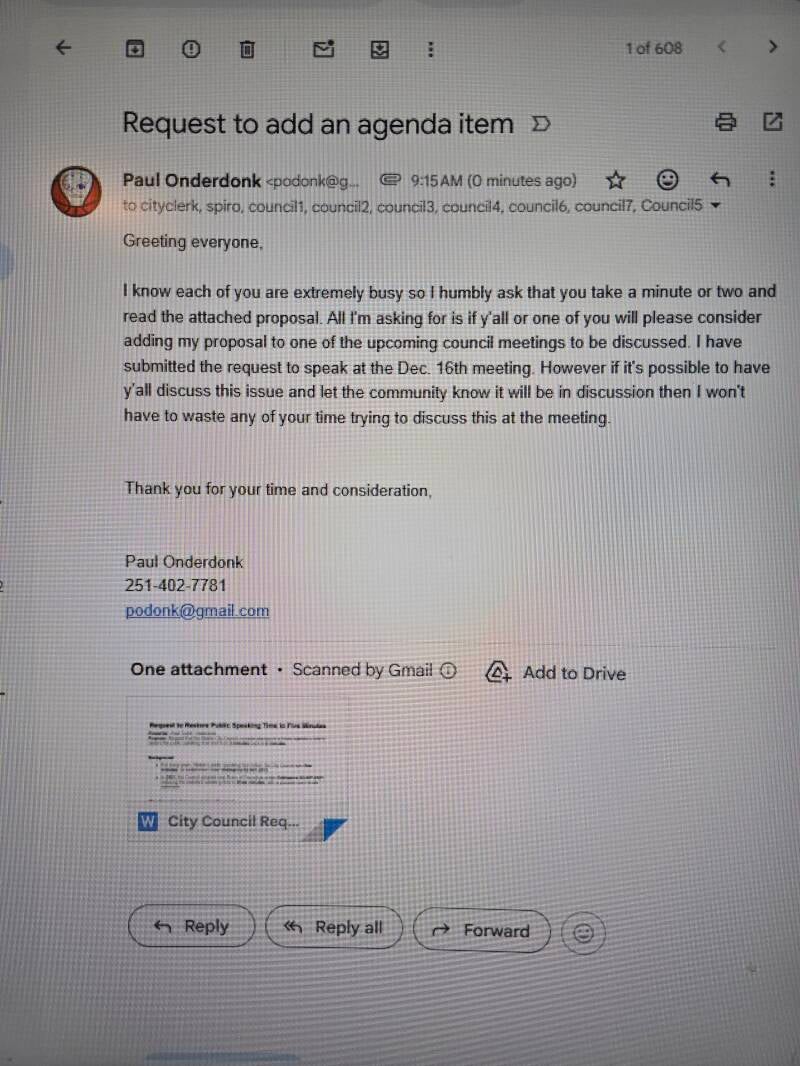
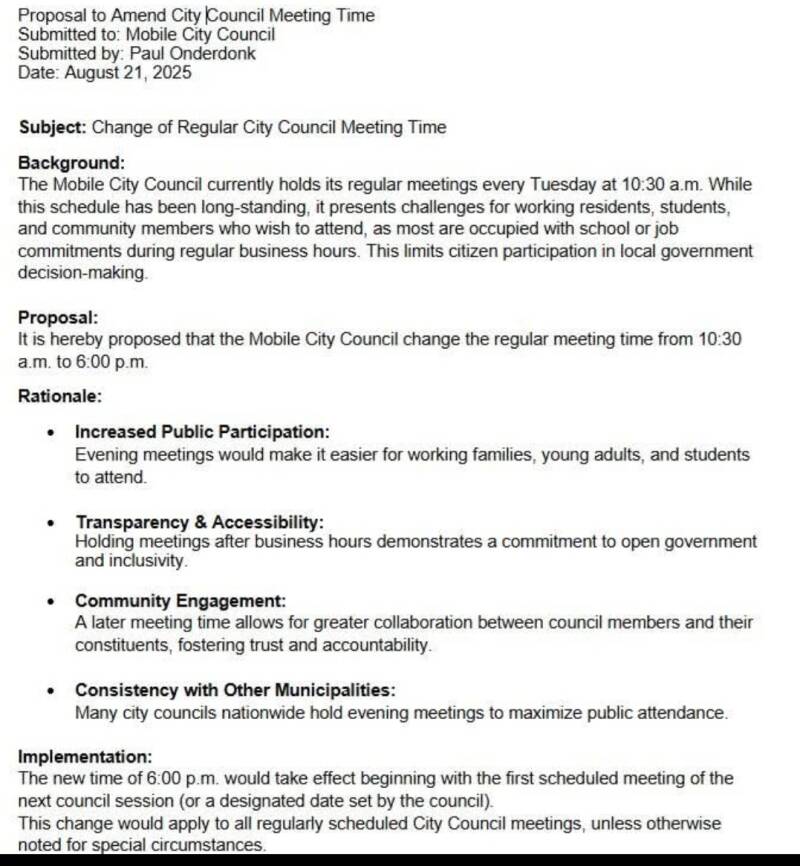
Campaign Statements

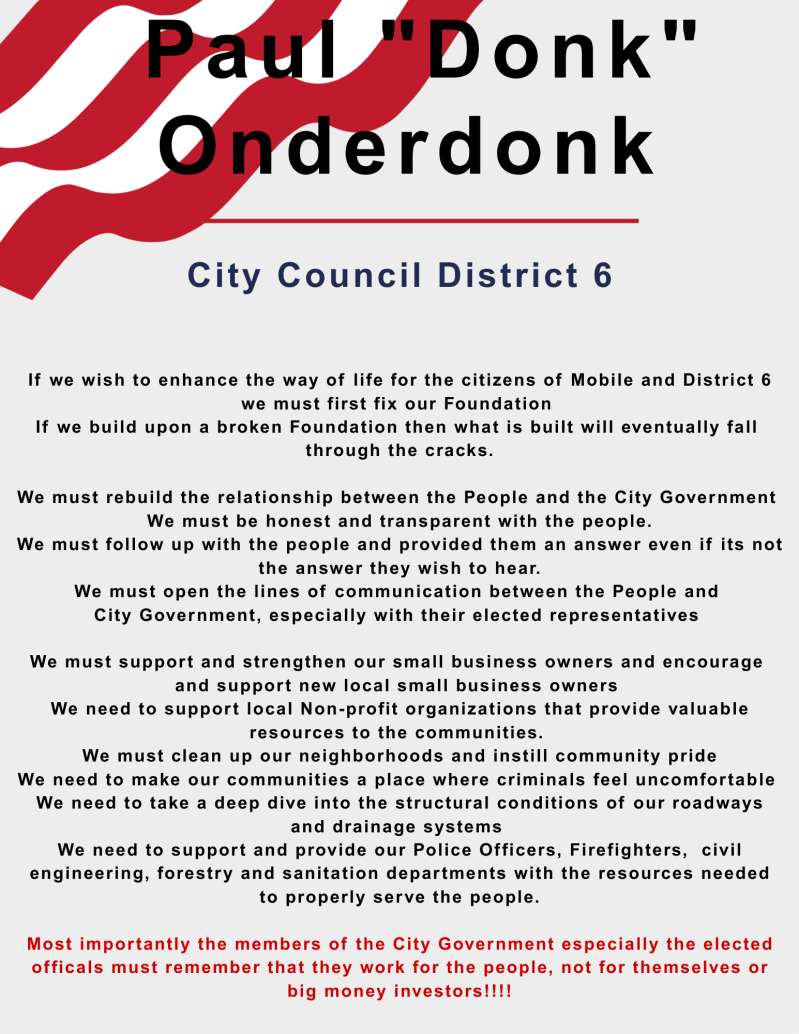
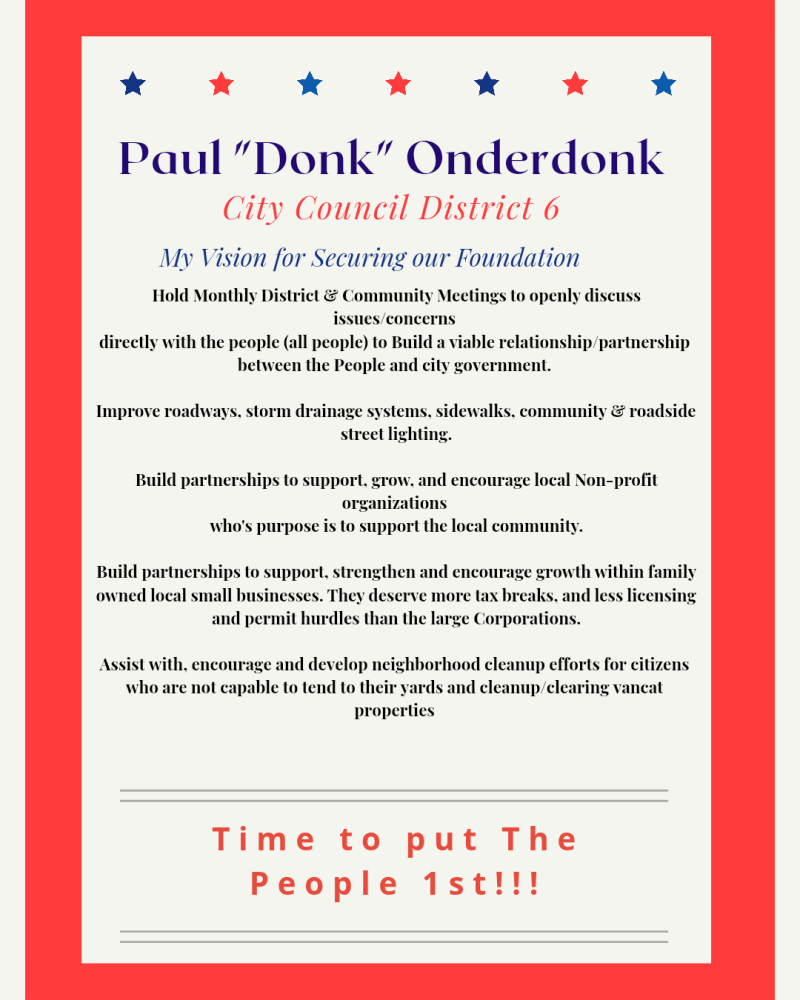
Come back soon, page will be updated soon.
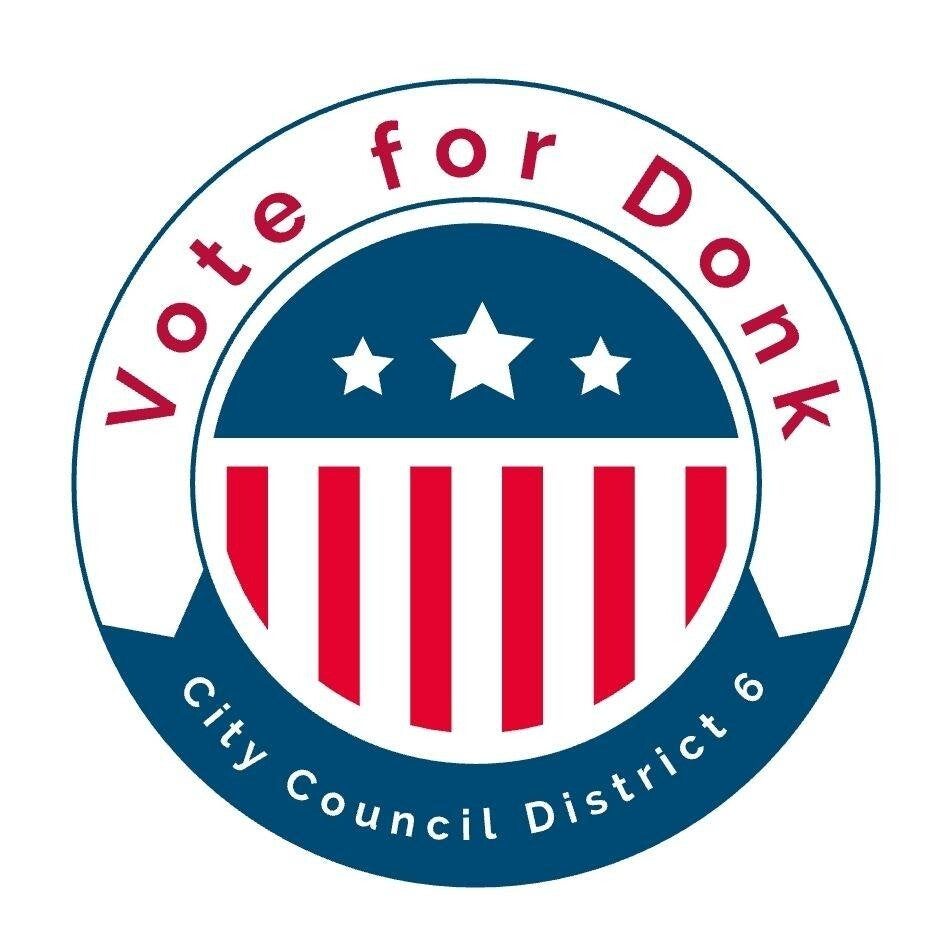
Fyi, I'm not running a political campaign. I'm applying for a city government position where the people of District 6 will be my boss, so I'm gonna need to speak with people of District 6 so I can get the job to be their voice within our City Government
There have been several of us who started a platform of being "non-poltitcans" running for a political city government positions.
I just wanted to take a minute and congratulate all those "non-politicans / regular people" who are now running a very good "political " campaign. They were able to quickly turn into politicans.
Didn't even have to win the position to show they're willing to conform to politics.
Win or lose when this race is over noone will ever be able to say I sold out and became a politician.
Progress over Politics!!!
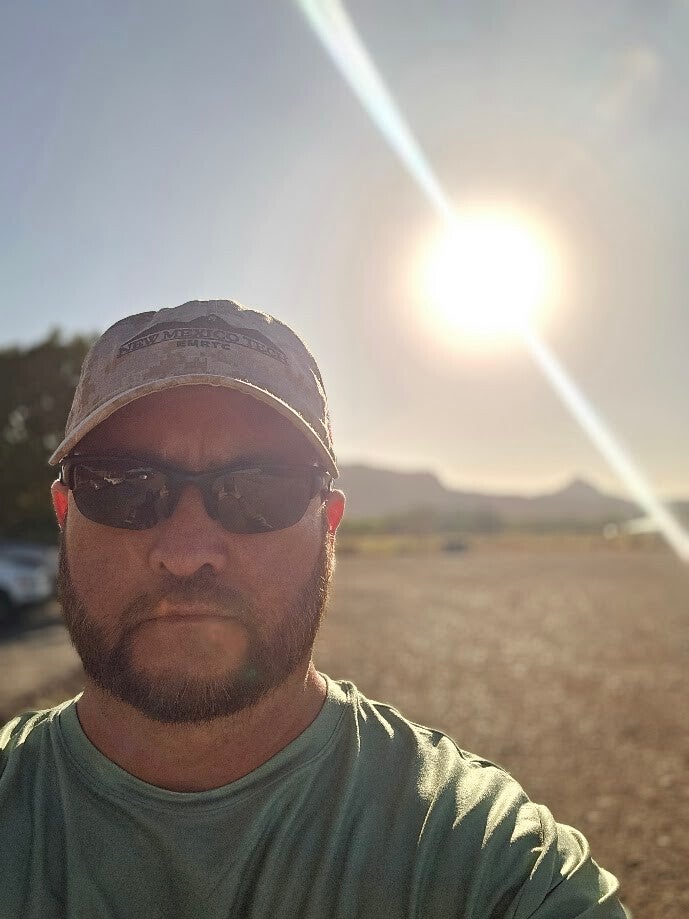
Add comment
Comments